Dhaka, Oct 6 (V7N) – All major political parties in Bangladesh have reached a consensus on holding a national referendum to ensure public participation and approval for implementing the July National Charter. However, differences remain over the timing of the referendum, with the BNP and Jamaat-e-Islami proposing different schedules.
Speaking after a meeting at the Foreign Service Academy on Sunday, Professor Ali Riaz, Vice President of the National Consensus Commission, confirmed that all political parties agreed in principle to a referendum. “BNP and the National Citizen’s Party (NCP) want the referendum to be held on the same day as the upcoming national election through a separate ballot, while Jamaat-e-Islami prefers it to take place before the election,” he said.
This marks the first unified step among political parties toward implementing the July Charter. Ali Riaz expressed optimism that similar consensus could be achieved on other national issues. He added that the commission will submit one or more recommendations to the government by October 10, with another round of talks scheduled for October 8.
Riaz also stated that all parties agreed on ensuring that reforms made by the next legislature, which will be formed through the February election based on the July Charter, remain sustainable and effective. He thanked political parties for moving beyond partisan positions to achieve a shared vision for national unity.
BNP Standing Committee member Salahuddin Ahmed said that parties are moving toward a final decision on the Charter’s implementation. “The referendum could be held through a separate ballot on the day of the parliamentary election,” he said, adding that a government ordinance could authorize the Election Commission to organize the vote, which would represent a binding public mandate.
Jamaat-e-Islami Assistant Secretary General Hamidur Rahman Azad also confirmed his party’s support for a referendum but argued it should be conducted before the election. “We believe the referendum should take place in November or December, before the election schedule is announced, so that the national polls can proceed smoothly afterward,” he said.
Azad added that once a referendum is held, “it cannot be legally challenged or overturned in parliament.”
NCP Joint Convener Sarwar Tushar stated that the government must address the issue in line with public will. “On election day, there should be a separate ballot for the referendum where citizens can express their opinion on the legal basis of the Charter,” he said, noting that most parties agree on this framework.
Rashed Khan, General Secretary of Gono Adhikar Parishad, said, “Around 80 percent consensus has been achieved on the implementation process. The remaining 20 percent will be finalized by the Commission itself.”
Meanwhile, Saiful Haque, General Secretary of the Revolutionary Workers Party, and Zonayed Saki, Chief Coordinator of Gonosonghoti Andolon, also called for the referendum to be held on the same day as the national election to legitimize the Charter through public mandate.
Bangladesh has previously held three national referendums—two administrative and one constitutional. If approved, the upcoming vote would mark the country’s fourth and the first in decades to directly seek public consent for a foundational national reform.
END/RKB/SMA/



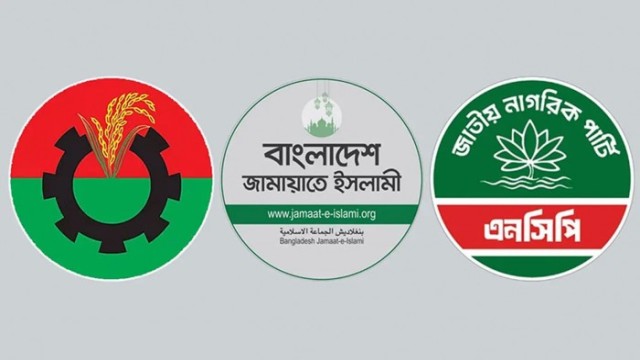
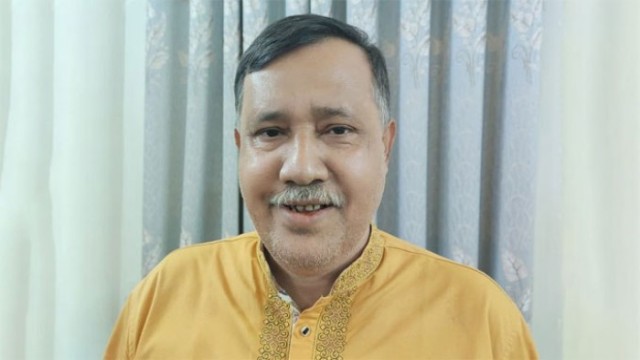
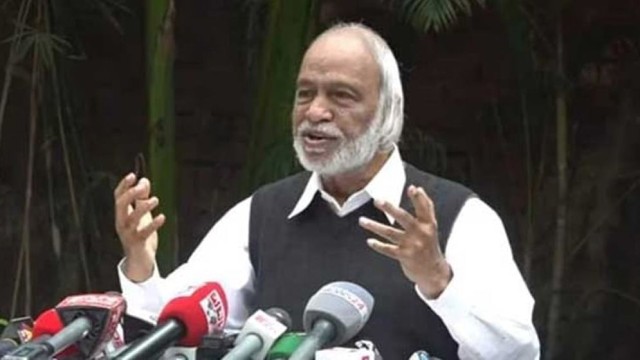
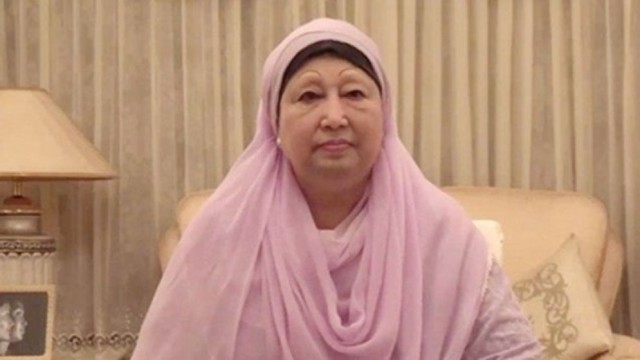
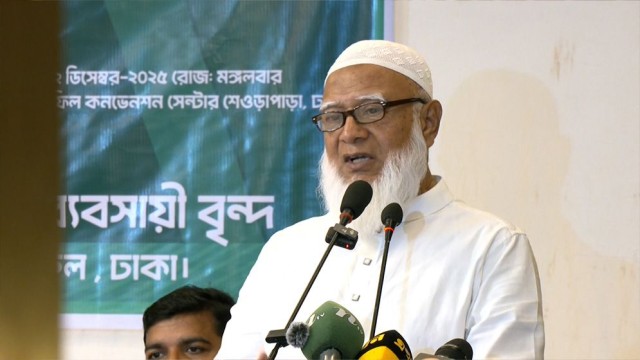
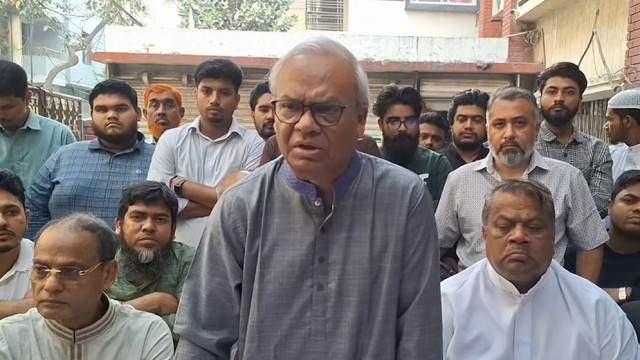
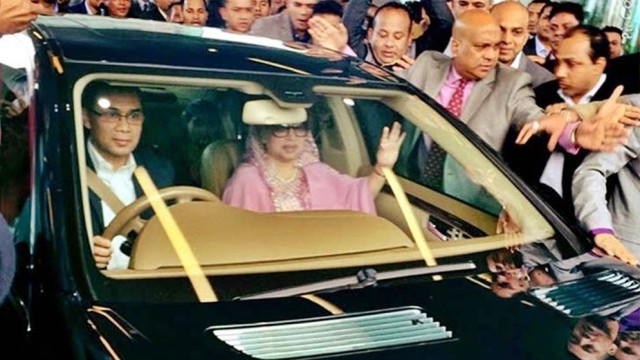
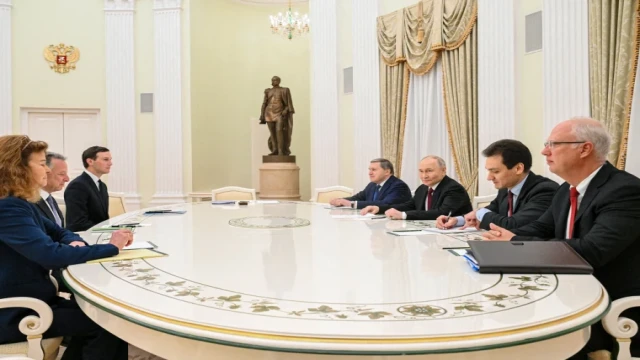
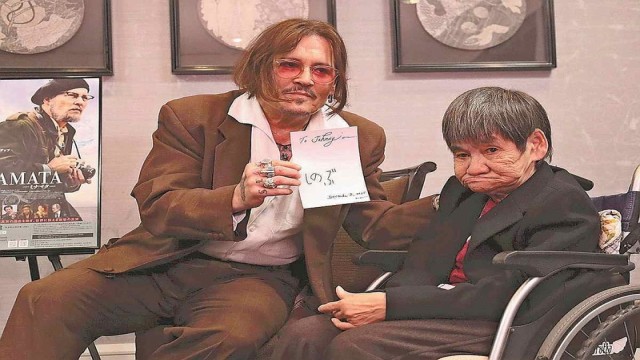

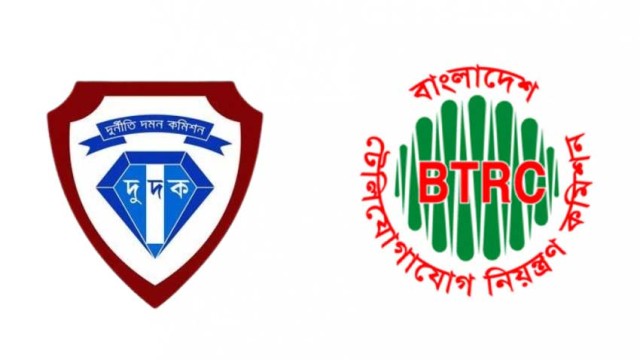
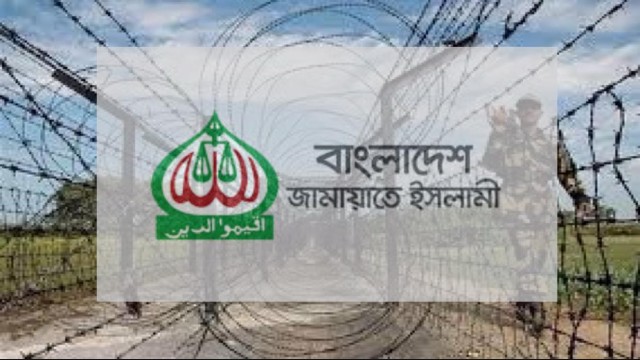
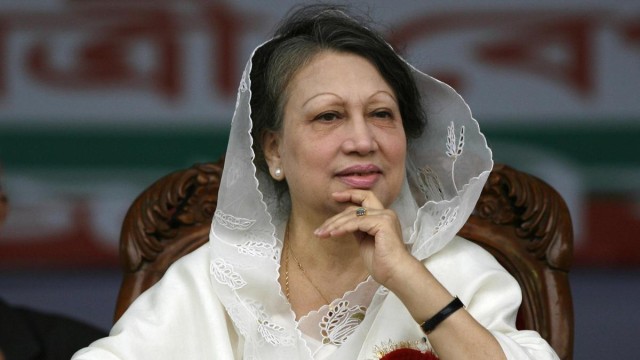
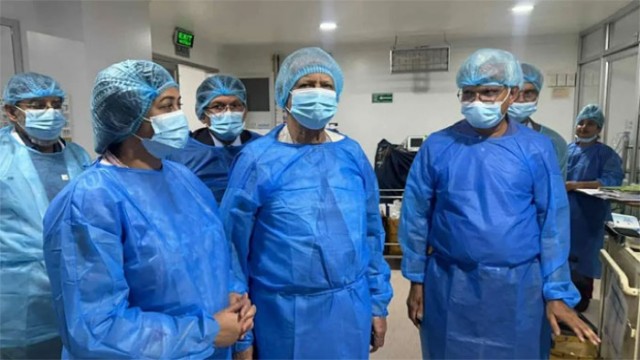
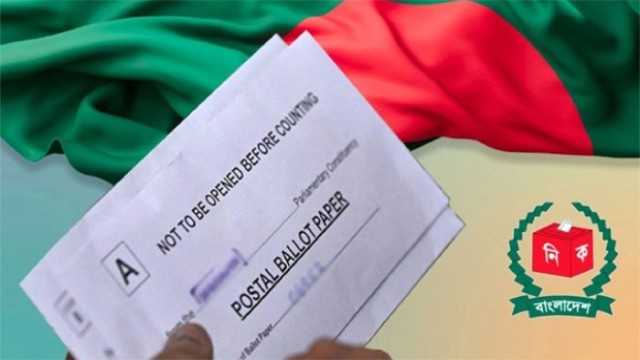
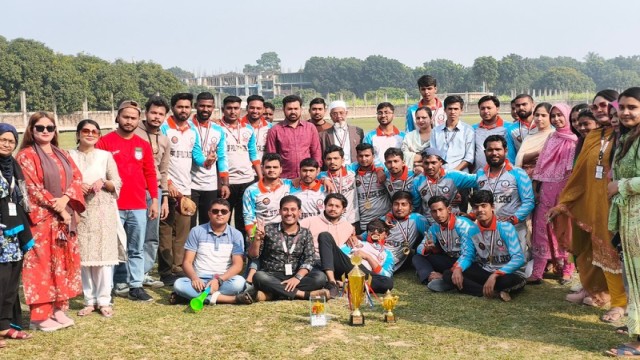


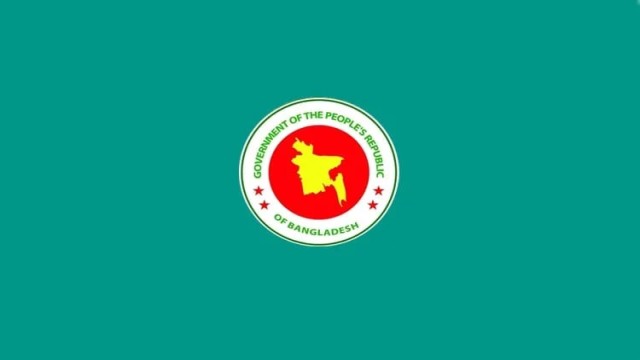
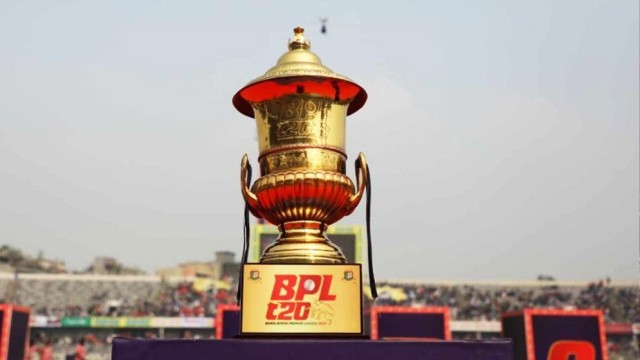
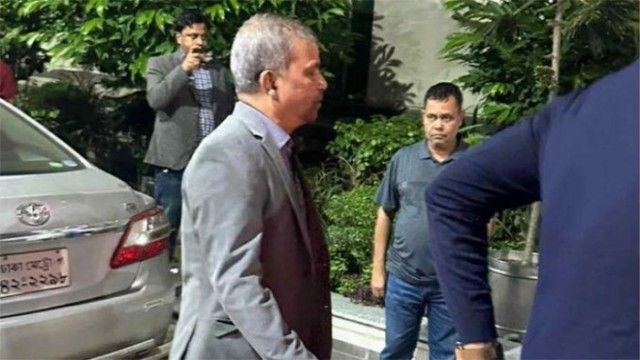
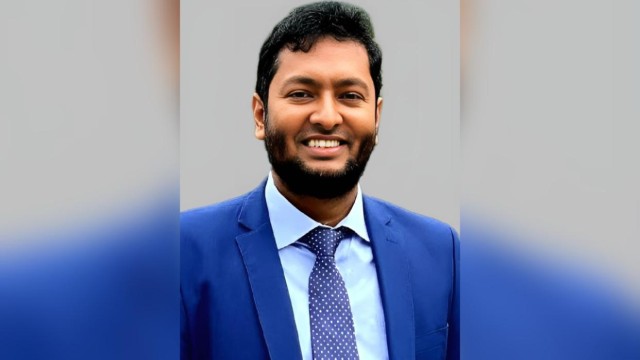
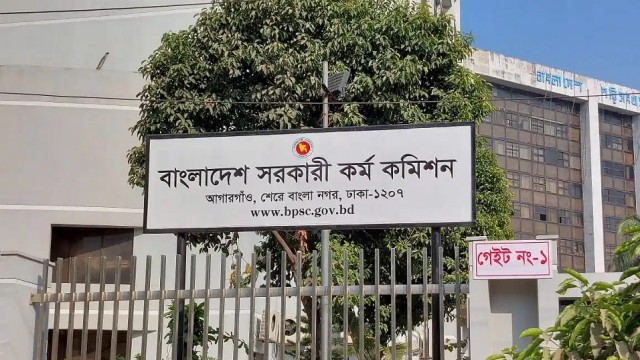
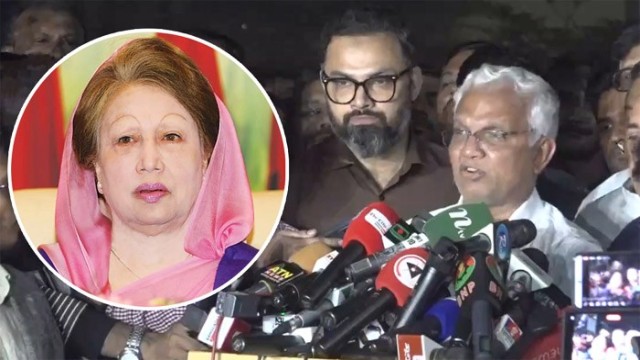

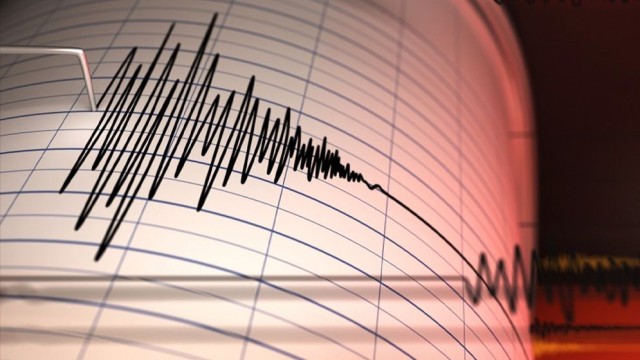
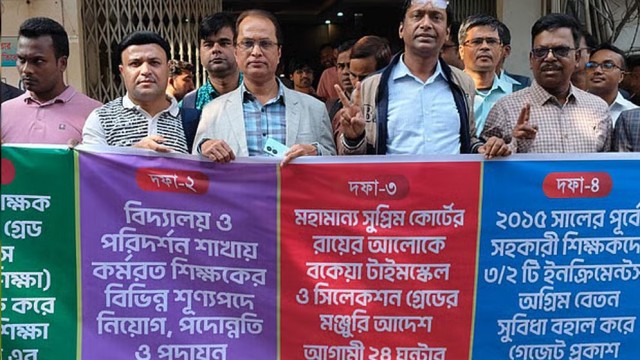
Comment: